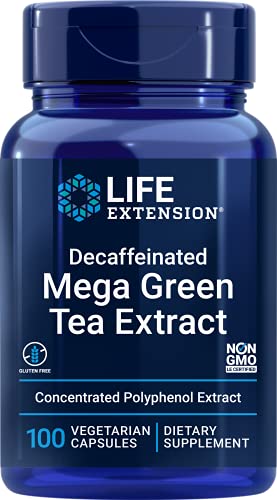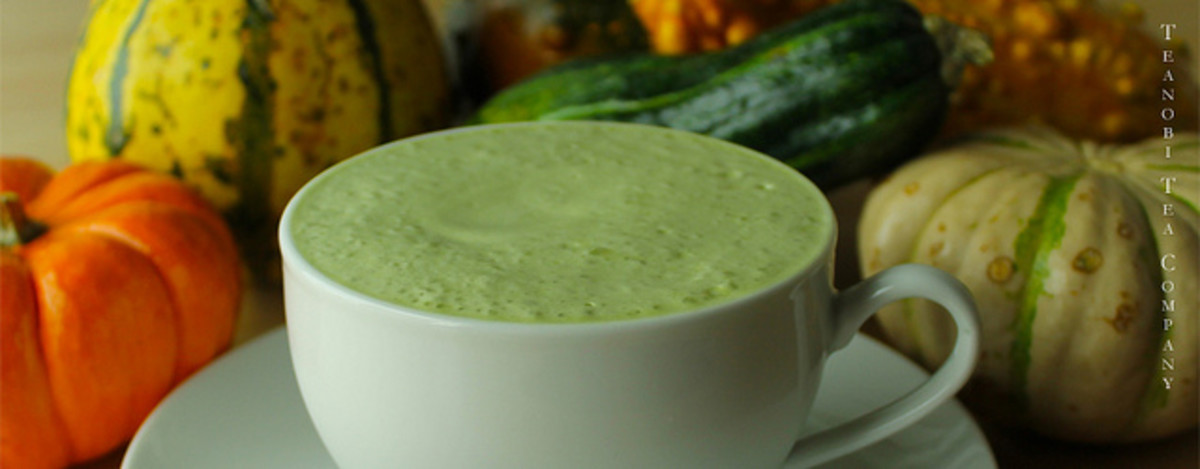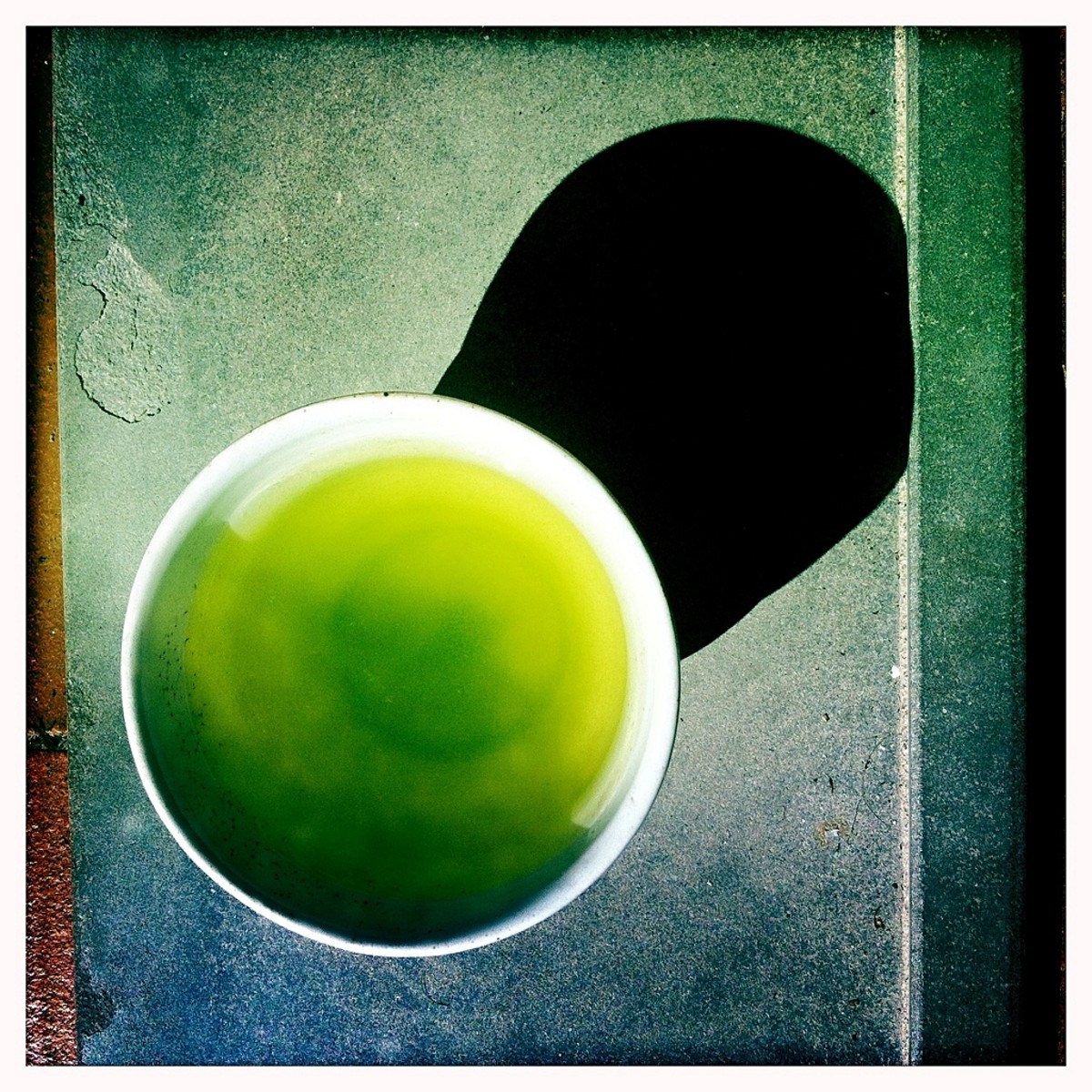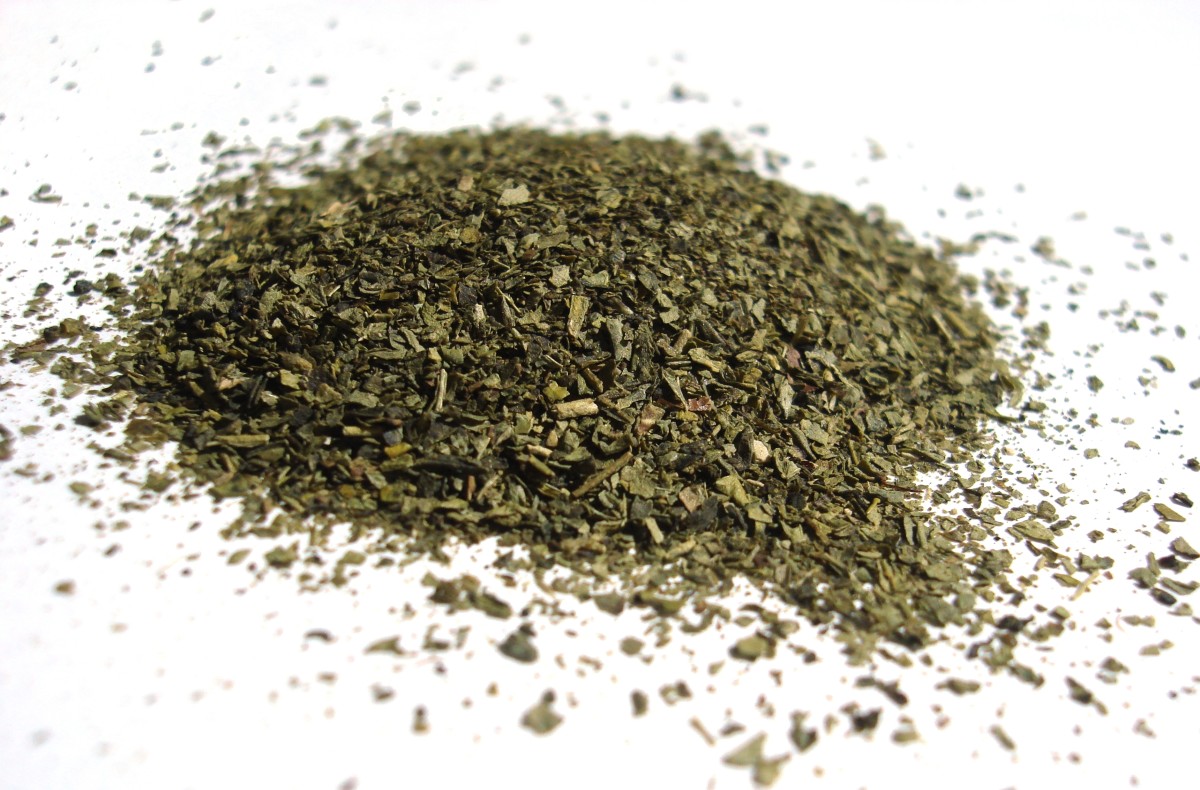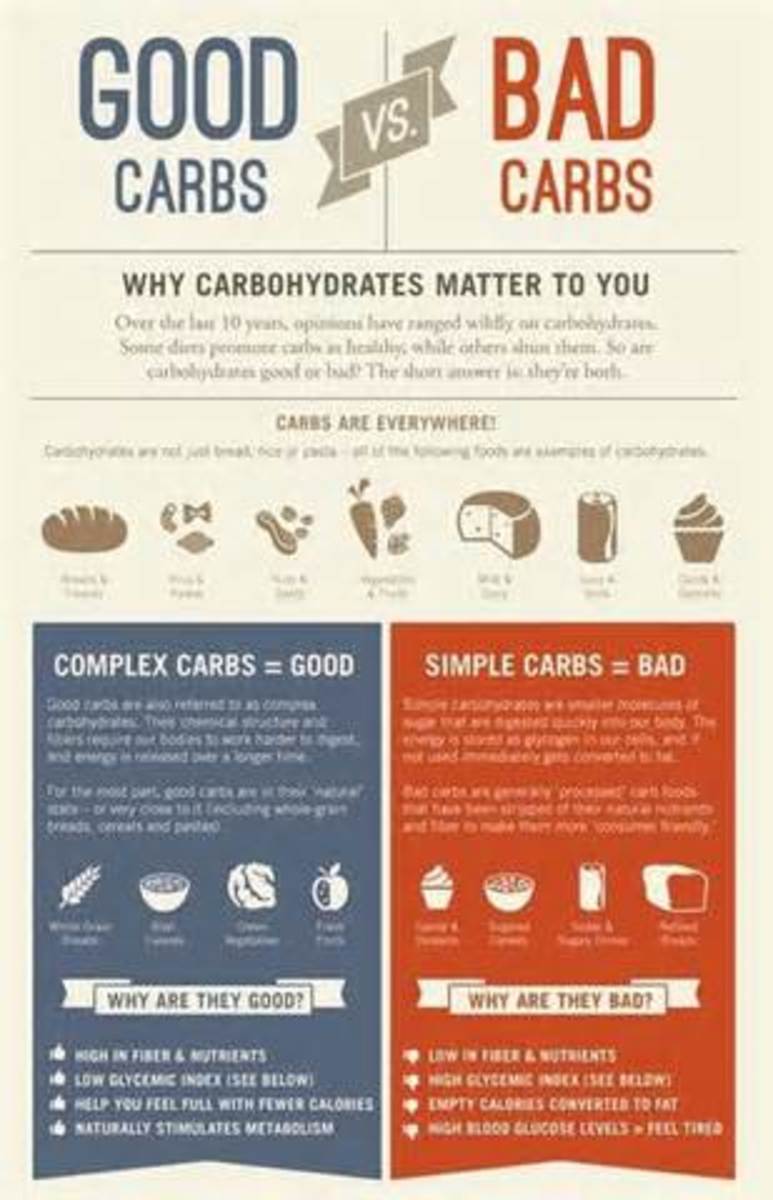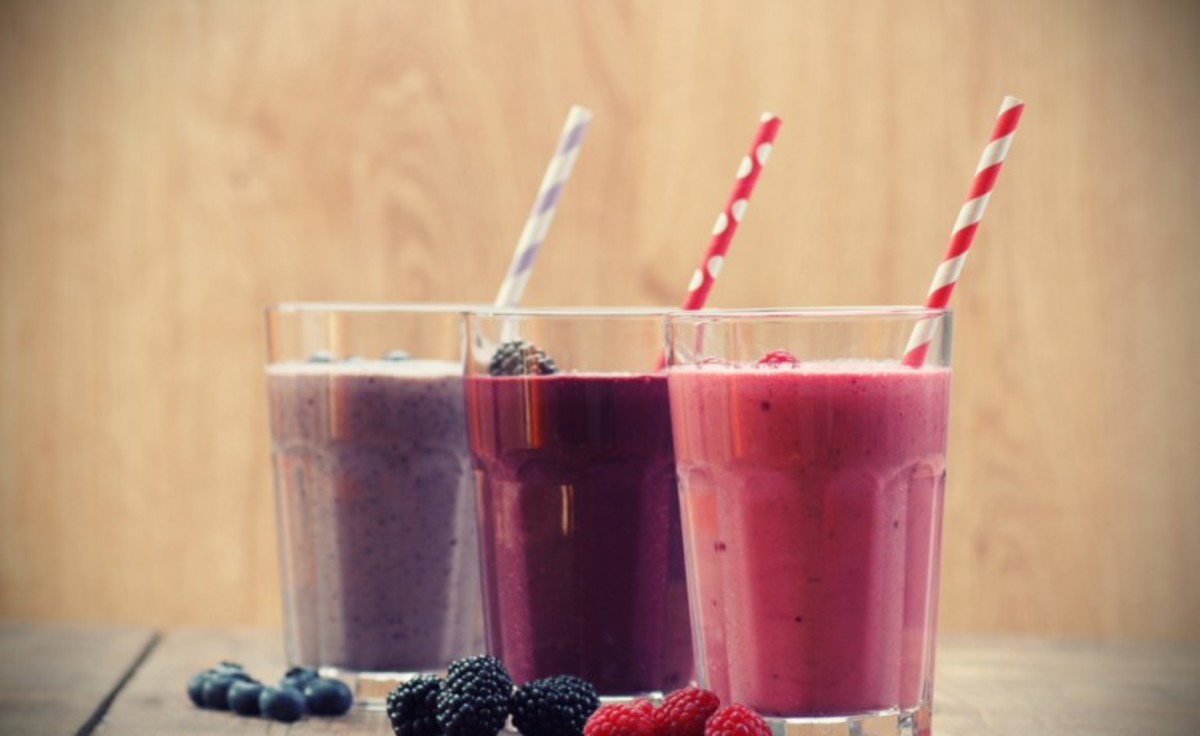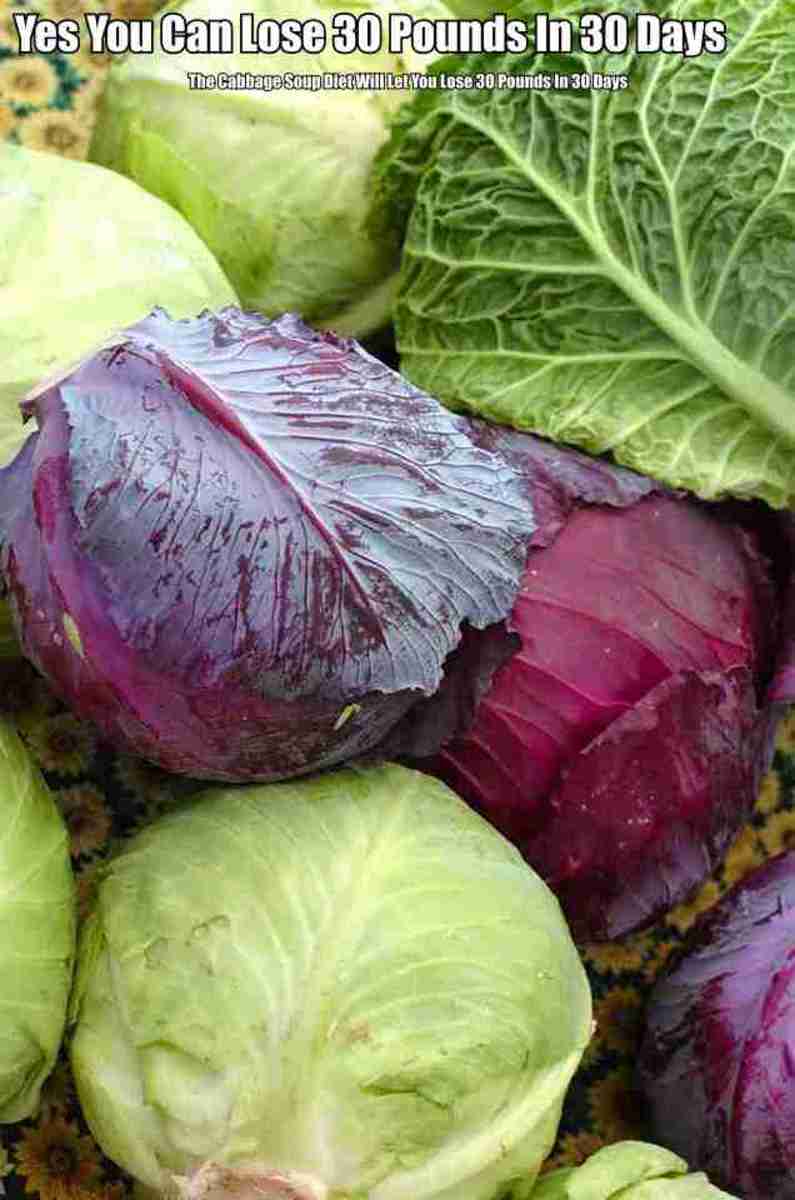Is Green Tea Good for you? Weight loss, Skin, Diabetes, Cholesterol, Cancer
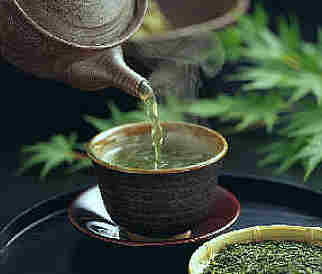
Since ancient times Green Tea has been enjoyed by the Chinese who certainly knew about and believed in this special tea’s health benefits.
Green tea is produced 100% from the leaves of the tea plant Camellia sinensis and undergoes minimal processing, therefore retaining next to all of it’s goodness.
Only recently has this magical tea been discovered by the Western World, where it has being brewing up a storm, pardon the pun, and where many more of it’s health benefits have been discovered.
Although Green Tea has many health benefits, I wouldn’t be able to list them all in this article, so I will discuss some of it’s most popular and significant health benefits, including Weight Loss, Reduced Risk of Cancer, Reduced Risk of Cardiovascular Diseases, It’sLowering of Cholesterol, Reduced Risk of Diabetes, it’s Reducing of UV damage and Skin Aging and It’s possible role In Acne prevention.

Oolong Tea and Weight Loss
Weight Loss
Obesity is one of the main epidemics of today and doesn’t show signs of ceasing any time soon. Simple methods to possibly reduce this problem and lesser weight problems should be incorporated into our daily lives. Consumption of Green tea could be one of those simple methods.
Through various scientific studies it has been shown that green tea intake is associated with weight loss due to the stimulation of thermogenesis [1], which is the process in which the body raises its temperature, resulting in a rise in metabolism and the utilisation of fat cells [2].
Other than thermogenesis, Green Tea aids in weight loss through fat oxidation and also improves in weight maintenance [3] so is ideal for keeping off those lost pounds!
By drinking 4 cups of Green tea per day or by taking 2 capsules of green tea extract per day, body weight and BMI can be significantly reduced. Your 4 cups a day should be followed consistently [4].
This thermogenesis and fat oxidation may be resultant of Green tea’s high polyphenol content, including it’s main polyphenol epigallocatechin gallate (EGCG) alongside Green Tea’s Caffeine content which is also proposed to aid in weight loss.
The polyphenols and caffeine may also counteract the decrease in metabolic rate that is present during weight loss [5].
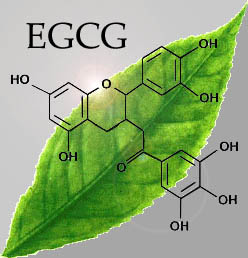
Reduced Risk of Cancers
One of Green tea’s possble benefits is that it may also reduce your chances of certain cancers, via it’s large mass of polyphenols which make up about 30% of Green Tea’s dried weight [6].
Green tea’s polyphenols are also powerful antioxidants and can eliminate damaging free radicals such as hydrogen peroxide and the superoxide anion, thus eliminating free radical induced toxicity and mutagenicty which can lead to cancer [7].
The main polyphenol in Green tea, EGCG is an anti mutagen and its suggested that it may alleviate the carcinogenic actions of NNK (Nicotine-derived nitrosamine ketone), a carcinogen present in tobacco [8].This could be good news to smokers!
Studies show that green tea may protect you from esophageal tumours and UV-induced skin tumour formation [7].
Other studies show that women under the age of 50, who consumed 3 + cups of the tea per day had a less likelihood to develop breast cancer by 37% when compared to women who weren’t drinking the tea.
Also it was found that women with Ovarian Cancer who drank at least one cup of green tea a day survived longer than women who didn’t drink green tea [9].
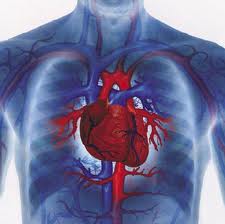
Reduced Risk of Cardiovascular Diseases
Surprisingly Cardiovascular diseases are the largest killers in the world, claiming a massive 17.1 million lives a year [10], but these may be alleviated by the Cardiovascularhealth benefits that can be obtained by regular consumption of Green Tea.
Unfortunately we’d have to drink about 5–6or more cups of green tea per day to achieve these benefits [11].
In a recent study made up of 40,530 Japanese adults, it was found that by drinking 5 or more cups of green tea per day this significantly reduced the mortality rate ofcardiovascular disease by 26%. The strongest reduction in mortality was observed for stroke by 37% [12].
Lowers Cholesterol
Studies show that green tea lowers the bad LDL cholesterol and raises the good HDL cholesterol and also lowers triglyceride levels. This can reduce the risk of Heart Disease [9].
Reduces Risk of Diabetes
Another study among 17,413 adult Japanesesubjects, showed that the risk for developing diabetes was reduced by 33%. This was achieved by consuming 6 or more cups of green tea perday [13].
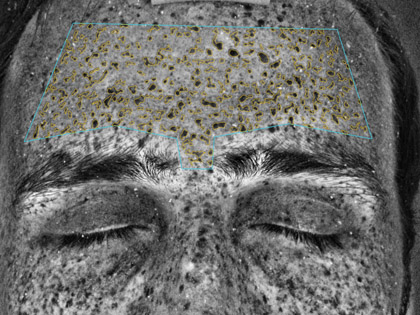
Reduces UV damage and Skin Aging
Green Tea polyphenols are in the form of Flavonoids and there is evidence that foods rich in flavanoids, contribute to the protection of skin against UV-induced damage at the molecular and cellular level [14].
Green Tea’s polyphenol flavanoids being powerful antioxidants can eliminate damaging free radicals [7] and these may be providing the protection against UV damage which we know seriously promotes skin aging.
May Reduce Acne
The EGCG polyphenol from green tea has been suggested to be helpful for acne sufferers due to its well known anti-inflammatory and antioxidant activity [15].
Overall, Green Tea seems to have significant health benefits, health benefits that we require in thia day and age full of fast food and pollutants. So give it a try to gradually try and make it to the 5-6 cups a day mark.
Best of Luck and Thanks for reading!
References
[1] Q. Shixian, B. VanCrey, J. Shi, Y. Kakuda, Y. Jiang. (2006). Green Tea Extract Thermogenesis-Induced Weight Loss by Epigallocatechin Gallate Inhibition of Catechol-O-Methyltransferase. Journal of Medicinal Food. 9(4): 451-458.
[3] Westerterp-Plantenga, M.S., Lejeune, M.P., Kovacs, E.M. (2005). Body Weight Loss and Weight Maintenance in Relation to Habitual Caffeine Intake and Green Tea Supplementation. Obesity Research, 13: 1195–1204.
[4] Basu, A., Sanchez, K., Leyva, M.J., Wu, M., Betts, N.M., Aston, C.E. and Lyons, T.J., 2010). Green Tea Supplementation Affects Body Weight, Lipids, and Lipid Peroxidation in Obese Subjects with Metabolic Syndrome. Journal of the AmericanCollege of Nutrition, 29, 1: 31-40.
[5] Westerterp-Plantenga, M.S., (2010). Green tea catechins, caffeine and body-weight regulation. Physiology & Behavior, 100, 1: 42-46.
[6] Balentine, D.A., Wiseman, S.A., Bouwens, L.C. (1997). The chemistry of tea flavonoids. Crit Rev Food Sci Nutr.37: 693 –704.
[7] Yong, X., Chi-Tang, H., Shantu, G. A., et al.(1992). Inhibition of Tobacco-specific Nitrosamine-induced Lung Tumorigenesis in A/J Mice by Green Tea and Its Major Polyphenol as Antioxidants. Cancer Res. 52: 3875-3879.
[8] Kada, T., Kaneko, K.., Matsuzaki, S., Matsuzaki, T., and Hara, Y. (1985). Detection and chemicalidentification of natural bio-antimutagens, a case of the green tea factor. Mutat.Res., 127-132, 1985.
[9] http://www.umm.edu/altmed/articles/green-tea-000255.htm
[10] http://www.who.int/cardiovascular_diseases/en/
[11] Wolfram, S. ( 2007). Effects of Green Tea and EGCG on Cardiovascular and Metabolic Health. Journal of the American College of Nutrition, 26, 4: 373S-388S
[12] Kuriyama, S., Shimazu, T., Ohmori, K., Kikuchi, N., Nakaya, N., Nishino, Y., Tsubono, Y., Tsuji, I. (2006). Green tea consumption and mortality due to cardiovascular disease, cancer, and all causes in Japan: the Ohsaki study. JAMA, 296:1255 –1265.
[13] Iso, H., Date, C., Wakai, K., Fukui, M., Tamakoshi, A. (2006). The relationship between green tea and total caffeine intake and risk for self-reported type 2 diabetes among Japanese adults. Ann Intern Med, 144 :554 –562.
[14] Stahl, W. (2011). Flavonoid-Rich Nutrients for the Skin. Nutrition for Healthy Skin, 2: 85-90.
[15] Rubin, M.G., Kim, K., Logan, A.C. (2008). Acne vulgaris, mental health and omega-3 fatty acids: a report of cases. Lipids in Health and Disease, 13, 7: 36.







